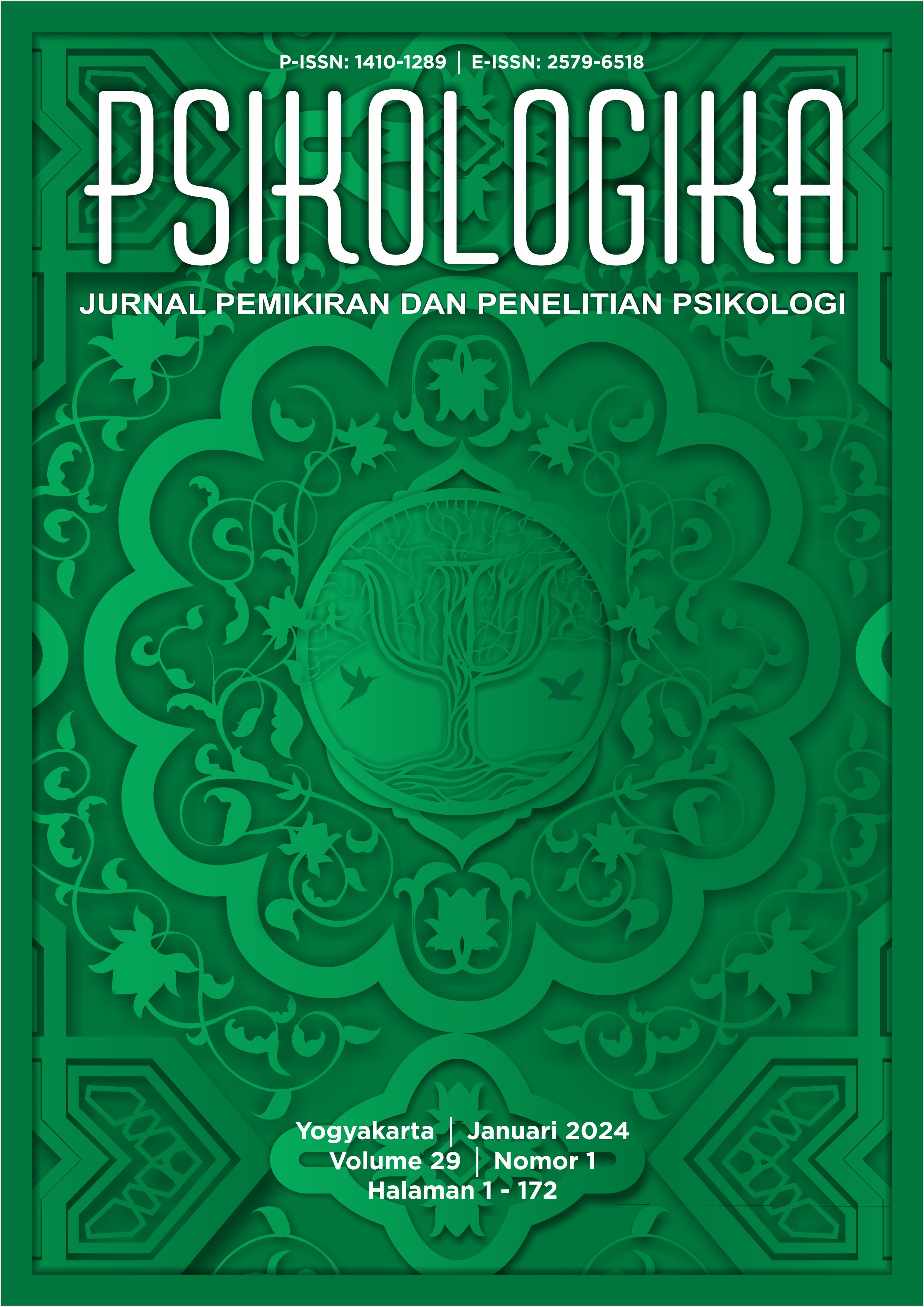Main Article Content
Abstract
The inability of infertile women to have children and relevant social stigma is significantly effective in reducing subjective well-being. Therefore, this study aimed to determine the effect of mindfulness-based Islamic spiritual therapy on improving the subjective well-being of infertile married women. A non-randomized pretest posttest control group quasi-experimental design was implemented, with subjective well-being and mindfulness measured using the Subjective Well Being for Infertility Scale and Five Facet Questionnaire, respectively. A total of 10 participants were also selected and categorized into control and experimental groups. The results showed that the subjective well-being conditions of both groups were equal before therapy, regarding the Mann-Whitney U test with a value of Z = 0.000 and a 1.000 significance level (>0.05). The Mann Whitney U test was also implemented with a value of Z = -2.402 and a 0.016 significance level (<0.05), showing a difference in subjective well-being scores within the Control and Experimental Groups. Furthermore, the Wilcoxon Rank Test produced a Z-value and significance level of -2.023 and 0.043 (<0.05), respectively. This result showed an increase in subjective well-being scores within the experimental group after mindfulness-based Islamic spiritual therapy. The spiritual therapy was also used as an alternative psychotherapy to improve the subjective well-being of married women with infertility problems.
Keywords
Article Details
Copyright (c) 2024 Feny Cholisoh, Moordiningsih

This work is licensed under a Creative Commons Attribution-ShareAlike 4.0 International License.
Authors who publish with this journal agree to the following terms:
- Authors retain copyright and grant the journal right of first publication with the work simultaneously licensed under a Creative Commons Attribution-ShareAlike 4.0 International License that allows others to share the work with an acknowledgment of the work's authorship and initial publication in this journal.
- Authors are able to enter into separate, additional contractual arrangements for the non-exclusive distribution of the journal's published version of the work (e.g., post it to an institutional repository or publish it in a book), with an acknowledgment of its initial publication in this journal.
- Authors are permitted and encouraged to post their work online (e.g., in institutional repositories or on their website) prior to and during the submission process, as it can lead to productive exchanges, as well as earlier and greater citation of published work (See The Effect of Open Access).




